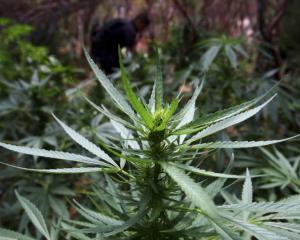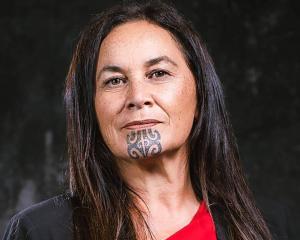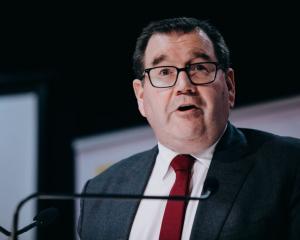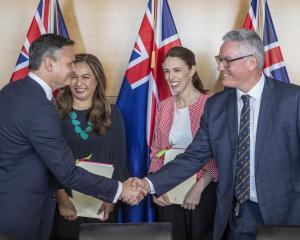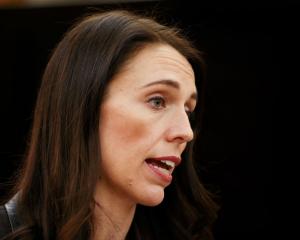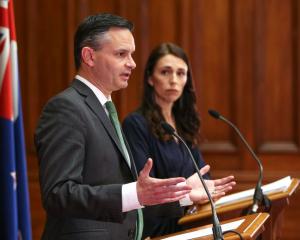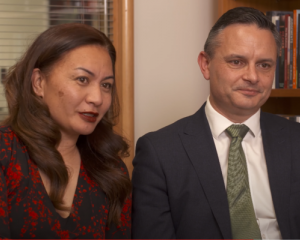
Labour leader Jacinda Ardern announced in Christchurch yesterday a target of net zero carbon emissions by 2050 and the necessary steps to achieve it.‘‘Climate change is my generation’s nuclear-free moment,’’ she said using a line from the first televised leaders debate.
‘‘We have to take our place in the world to combat this problem, we have to show leadership.’’
However, the Green Party confirmed net zero by 2050 has been Green Party policy for quite a while. Leader James Shaw reaffirmed the position in July at the Green’s annual meeting in a speech to members. The Zero Carbon Act, proposed by the Greens also set a 2050 target for net zero emissions.
On Thursday, Ms Ardern announced Labour would establish a new Forestry Service in Rotorua, a policy announced two days earlier by NZ First leader Winston Peters.
On Monday, Mr Shaw proposed creating a Regional Research Institute, focused on developing high-value wood-based products for export and use in New Zealand.
Mr Shaw was speaking at the New Zealand Institute of Forestry Annual Conference, in Rotorua.
‘‘The Greens in government will support foresters and innovators to add value to the timber they grow already, creating new jobs in the regions and greater demand for timber.
Mr Shaw told the Otago Daily Times he was not concerned about Labour taking part of the Green policy as the last Labour government was ‘‘not that great on climate change’’ and had ‘‘bottled out’’ of the carbon tax.
The policies were not identical, he said.
‘‘We are campaigning on the same policies we had in 2011, 2014 and 2017 and I see it as good Labour is at last adopting the policy. ‘‘A Labour-Green government will get this done. It is great Labour has come to the party but if you are looking at leadership on climate change, you know where to come,’’ Mr Shaw said.
Another part of the Green Party policy adopted by Labour was restoring the Emissions Trading Scheme (ETS), including bringing agriculture into the ETS by the end of the Labour’s first term.
Farmers operating at ‘‘best practice’’ would be recognised, so they could be directly credited for emissions reductions they achieved, Ms Ardern said.
‘‘For agriculture, a gradual introduction of the price signal from the ETS, starting with giving the sector 90% of emissions free, will help bring emissions down without hurting agriculture’s contribution to the economy.’’
Government-backed science had made impressive advances in methods to reduce farm emissions without reducing output, Ms Ardern said.
Labour would support a ‘‘just transition’’ for workers in industries needing to reduce emissions and the creation of jobs in sectors that were carbon-free or carbon sinks, such as forestry.
Federated Farmers said Labour’s announcement it would move agriculture into the ETS in stages would cost the livestock sector at least $83 million in year one, rising to more than $830 million each year when fully implemented.
Spokesman Andrew Hoggard agreed action on climate change was needed. But as New Zealand farmers were among the most efficient producers of food on the planet, it was illogical to put the sector at a competitive disadvantage against export competitors, effectively shifting production to less efficient producers overseas, he said.
‘‘That will just add to overall global greenhouse gases, not reduce them,’’ Mr Hoggard said.
At a glance
Labour announces second copied policy in two days.
Zero carbon emissions by 2050.
Green Party not concerned at similarities in policies.
Farmers to be brought into emissions trading scheme.



